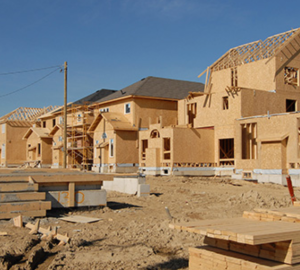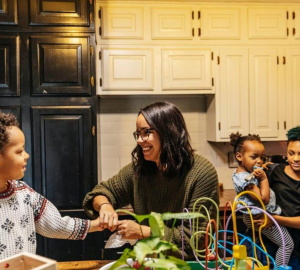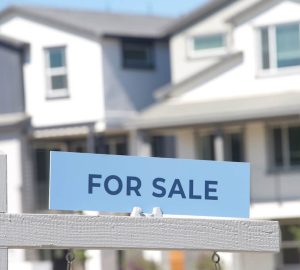Understanding yourself and your future aspirations is crucial in selecting the right home.
The journey from casually browsing online home listings to actively searching for a house in today’s real estate market marks a significant transition. With limited options and intense competition, not having a clear idea of what you want can be a disadvantage.
But what’s the best approach to choosing a home? For some, it’s an instant connection upon entering a house, while others base their decision on specific features.
Read: Explore the Top 10 House Hunting Apps of 2023
Laying the Foundation: Budgeting, Choosing an Agent, and Listing Preferences
Research by Opendoor indicates that the average first-time buyer considers 24 properties, either in person or online, and often submits at least five offers before finding their home. This underscores the importance of having a strategic plan in today’s housing market.
For many buyers, knowing precisely what they want is a challenge. This is where a knowledgeable real estate agent becomes invaluable, offering insights and guidance to navigate the search effectively.
George Blum, a real estate agent with Veterans United Realty Network and national production manager at Atrium Realty, emphasizes the importance of budgeting. He advises clients to prioritize their needs and desires, which helps in focusing their search within financial constraints. This process often leads to the realization that some desires are merely luxuries.
Yet, not all buyers find success with a rigid list of criteria. Ying He, a real estate agent with BarbCo in San Francisco, observes that buyers frequently end up loving properties that didn’t initially meet their criteria, highlighting the importance of keeping an open mind.
Tailoring Your Home to Your Lifestyle
Selecting the right home demands introspection. Consider your hobbies, social life, and even commute times to gauge what you truly need in a home.
“For those passionate about cooking, a well-equipped kitchen is crucial,” notes Clare Trapasso, executive news editor at Realtor.com. Similarly, a dedicated home office might be essential for remote workers. The location’s compatibility with your long-term happiness and proximity to work, friends, and activities should not be underestimated.
Interestingly, while many buyers prioritize large, fenced yards for pets, Blum points out that amenities like garbage disposals, though often overlooked, play a significant role in daily comfort.
With 54% of buyers anticipating spending most of their home time in the kitchen and bedrooms, as reported by Opendoor, these areas deserve careful consideration during the selection process.
Navigating Home Choice with Partners
When buying a home with a partner or co-owner, aligning on what each person needs becomes more complex but essential. Open communication and compromise are key to reconciling different visions for the ideal home.
“Identifying and distinguishing between needs and wants is critical,” Trapasso advises, stressing the importance of consensus when multiple parties are involved. Whether priorities include living near family, being in a specific school district, or minimizing commute times, compromises on aspects like yard size or the number of bathrooms might be necessary.
Yet, persistence pays off. As Fiona Dogan, a real estate agent with Julia B. Fee Sotheby’s International Realty, suggests, viewing numerous properties will eventually lead to a home that satisfies everyone’s core desires, despite any initial compromises.
Looking Ahead
The search for the perfect home often involves sifting through less suitable options and envisioning the potential of promising ones. The flexibility to make future modifications means prioritizing immutable aspects like location and community is wise.
“Focus on the elements you can’t easily change,” Dogan advises, reminding buyers that renovation can tailor a home to their preferences over time. It’s crucial to consider not only the immediate fit but also the home’s suitability for future needs, as homeownership is increasingly a long-term commitment.
“Think of your home as a long-term investment,” He concludes, encouraging buyers to envision their future lifestyle and its compatibility with the home in question.




